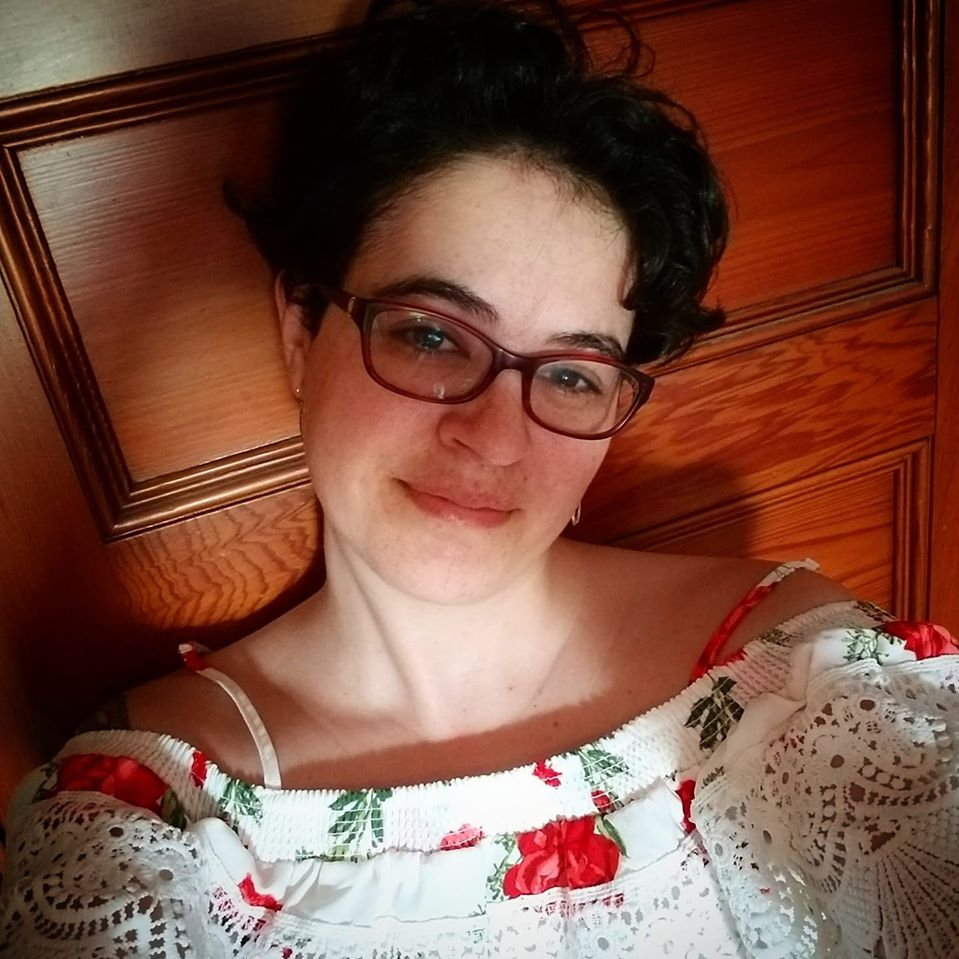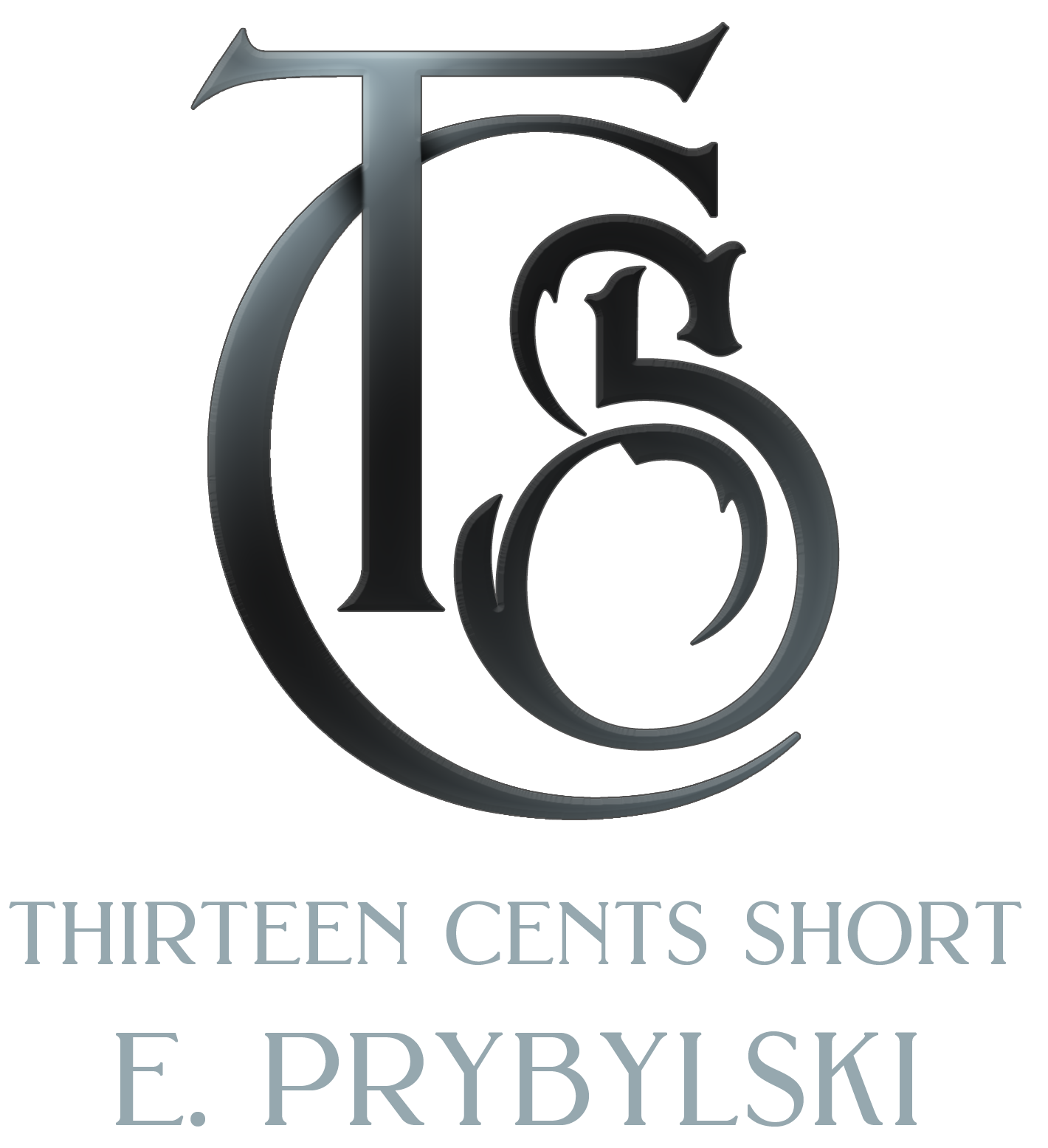First, before all else, I want to share the announcement that my novel, “Fallen” is up for pre-order on Amazon. I could not be more excited, to be honest. After a decade on the publishing side of the writing world, I am finally entering it as an author. I’ve put out a bunch of short stories over the years, but this is the first novel that’s seeing public release. I still can’t quite believe it’s true. If you’re a fan of urban fantasy then my novel may be of interest to you.
Let me start by saying I am not the most productive individual in the world. I’m just not. Being disabled and having ADHD makes it difficult to get everything done that I want to get finished. That’s just a reality I have to deal with, however, there are some techniques that work for me, and they’re things that I think would for anyone. I’m not going to spend a lot of time on this intro because I know you’re here for the tips.
#1: Set Aside Time
I know this sounds like it’s just basic advice, but it’s true. If you want to be a writer as a profession, you have to set aside time for it. Just like any other work. It doesn’t have to be constant or excessive, but making time for this is important. For me, I don’t tend to do much personal writing during the week because I am working on other people’s writing most often. So I give myself weekends. For some people it’s getting up at 5am for a few hours of quiet before they have to wake up the kids for school. Look at your schedule and see when you can give yourself some time to get words on the page. There’s no right or wrong here other than ensuring that you leave space. If it’s fifteen minutes or three hours, you are still creating the space.
#2: Set Goals
These goals don’t have to be huge. It could be “write for one Pomodoro” or “write 1,000 words.” It may be “finish one chapter.” Whatever your goals are, create reasonable and achievable goals that you can put down. You can even break them into categories, like with NaNo. The goal with NaNoWriMo is to write 65k words in a month. That means you have to break it down into a certain number of words per day. While you can gain or lose ground each day, you still are sprinting toward that goal.
Now, I’m not saying you need to write 65k words a month every month. Honestly, I think that leads to rushed writing and poor story craft a lot of the time. However, I can write a first draft in 3-6 months. Whatever your goals are, make sure they’re reasonable and attainable. Also, they must be attainable. Don’t set yourself up for failure. It’s important to recognize that life happens, and sometimes writing just has to take a back seat to whatever is happening.
#3: Accountability
When in doubt find a partner or group. My Discord Community has a channel for folks to put up their plans and goals, and we celebrate when people achieve them. Things like this can be key for folks who need the extra push to get things done. It’s like having a gym buddy. It’s easy to say “I just don’t feel like it” when it’s just you. But when you’ve got a gym partner who is encouraging you, our brains will engage and be less likely to cancel. Writing (and most art) can be the same. If you know people are waiting on you and are looking for your efforts, then it’s easier to tell the lazy parts to STFU.
#4: Boundaries
This is particularly important for authors who have families, but you have to make your writing time sacred. If anyone thinks that your writing time means you’re free to do things, they need to be informed otherwise. It’s incredibly important to create that space and enforce it. This can be difficult when you have children or a partner who need things, but if they know that you’re going to be writing at “x” time every day for “x” time period, they can learn to leave you alone. This also means boundaries for yourself: don’t give in to the temptation to answer that text message, work e-mail, or check Facebook. That doesn’t do you any good and will pull you out of the headspace immediately.
#5: Breaks From Social Media
I know, I know, this sounds extreme, but it works. I do my best writing at my family’s remote cabin in New York where there is no internet, no television, and no cell service. It’s quiet there, and I can really zero in on my writing. The digital world, as much as I love it, is distraction city. Particularly for anyone with focus issues (like me). There are constant notifications on my phone, people messaging me on various apps, and this feeling that I need to reply to things now.
It isn’t true.
Taking a break from social media for weeks at a time has taught me that, absent emergencies, there’s nothing I need to reply to now. If there is an emergency, of course I’m on deck. But if it’s just a meme or a work email that could wait until later to answer? I’ll deal with it then. Much similar, you should structure your writing time as a social media dead zone. Turn off data on your phone, close your web browser (unless you’re using it for music, in which case, hit “play” and then minimize it and leave it there), and let yourself write. I’d also suggest limiting social media when you first wake up or right before bed. It doesn’t really help anything, and you could use that time to read or schedule out your day or do yoga or whatever it is you feel like doing in that space.
#6: Change Your Mentality
If you want to be an author as your day job, that means you need to treat it as that: your job. This includes viewing your writing time as a professional space, not just fun time. Once you make the choice to publish your work, you are no longer a hobbyist writer but a professional one (even if you aren’t yet making money). This means that your work is professional development, and you should take it with the same seriousness you take anything for your day job.
The uncomfortable reality is that if you don’t treat your writing as a business it will never be more than a hobby, no matter how many books you publish. With that in mind, your writing time is work time. That scheduling I mentioned earlier? Those boundaries? This is your job. You wouldn’t just let your family come charging in if you work from home. You wouldn’t get up and wander off to watch TV if you were working from home. (Or at least I’d hope you wouldn’t.)
The theme here you may have noticed is that you need to treat this as work. Writing is a wonderful creative thing. I love writing, and I love writers. There’s nothing I will be more excited about than talking to writers about their writing. Truly. However, the reality is that too few of us view this as a vocation and too many see it as just a thing we do in our spare time that we halfheartedly hope will make us money. To quote the indomitable Yoda, “Do or do not. There is no try.”


E. Prybylski has been in the publishing industry as an editor since 2009, starting at Divertir Publishing and eventually partnering with her close friend Richard Belanger to begin Insomnia Publishing.
Ever since childhood, E. has been an avid reader and writer of fantasy. The first chapter book she remembers reading is The Hobbit, followed swiftly by most of Anne McCaffrey’s Pern series. In high school, she perfected the skill of walking while reading without slamming into anyone. Mostly.
When she isn’t reading or writing, E. is an active member of the Society for Creative Anachronism and has a B.A. in European history from SNHU. In addition to her many historical pursuits, E. is a musician of multiple instruments, a cat mom, and a loving wife to her husband, J. E. also speaks out for the disability and chronic illness communities being a sufferer of chronic migraines and Ehlers-Danlos Syndrome.

I’m interrupting my daily writing time to tell you this is excellent advice….
Haha! No. I write my blogs once a week on a specific day. It’s part of my work flow!
No, cutie. I meant that I interrupted MY writing time (which is daily for a couple of hours in the morning) to say you were giving me excellent advice. See – lack of clarity is an enormous problem for me in my writing!
OH! Haha! Brilliant. ❤ All my love!